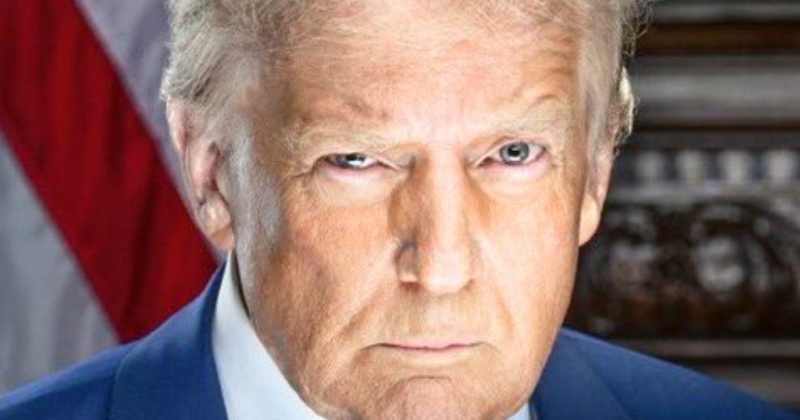A federal judge issued a sweeping 161-page decision Tuesday declaring that the Trump administration unlawfully violated the free speech rights of pro-Palestinian protesters and academics, concluding that its actions had a chilling effect on campuses nationwide.
The ruling came from U.S. District Judge William Young, a veteran jurist appointed to the federal bench in Boston by President Ronald Reagan more than forty years ago.
Young used strong language in his order, stating that the administration deliberately sought to suppress constitutionally protected speech.
The lawsuit was brought by the American Association of University Professors and the Middle East Studies Association earlier this year.
Both groups argued that the Trump administration targeted pro-Palestinian academics and protesters as part of a broader strategy to limit campus demonstrations.
The trial, which lasted two weeks in July, examined the conduct of senior administration officials.
Judge Young concluded that the evidence showed coordinated efforts by the Department of Homeland Security and the Department of State to intimidate individuals who expressed pro-Palestinian views.
Two individuals, Mahmoud Khalil and Rumeysa Ozturk, were specifically named as examples of prominent activists who faced government action.
Young found that the officials’ approach was not limited to individual deportation cases but was intended to send a wider message to silence others.
In his decision, Judge Young wrote, “No one’s freedom of speech is unlimited, of course, but these limits are the same for both citizens and non-citizens alike.”
He underscored that constitutional protections extend to individuals regardless of immigration status when it comes to freedom of expression.
The ruling specifically named Secretary of Homeland Security Kristi Noem and Secretary of State Marco Rubio.
Both officials acted “deliberately and with purposeful aforethought” to coordinate actions that violated First Amendment rights, according to Young.
He said their departments worked in tandem with subordinates to achieve this outcome.
Young described the administration’s plan in detail, noting that “it was never the Secretaries’ immediate intention to deport all pro-Palestinian non-citizens for that obvious First Amendment violation, that could have raised a major outcry.”
Instead, he said the plan was narrower but more damaging.
“Rather, the intent of the Secretaries was more insidious … to target a few for speaking out and then use the full rigor of the Immigration and Nationality Act (in ways it had never been used before) to have them publicly deported with the goal of tamping down pro-Palestinian student protests and terrorizing similarly situated non-citizen (and other) pro-Palestinians into silence because their views were unwelcome,” Young wrote.
The decision harshly criticized President Donald Trump directly.
Young described him as a “bully” who fundamentally misunderstood the responsibilities of his office.
He accused Trump of being preoccupied with “hollow bragging” and “retribution,” particularly in matters related to political speech.
“Government retribution for speech (precisely what has happened here) is directly forbidden by the First Amendment,” Young declared.
He said the evidence showed a clear attempt by the Trump administration to retaliate against speech it opposed.
Young further argued that Trump’s “palpable misunderstanding that the government simply cannot seek retribution for speech he disdains poses a great threat to Americans’ freedom of speech.”
He emphasized that the courts have a duty to act when such constitutional violations occur.
In addressing the constitutional implications, Young wrote that the president’s oath to “preserve, protect, and defend the constitution” was breached by the administration’s conduct.
By siding with the academic associations, the court reinforced the view that constitutional protections extend to faculty and activists engaged in lawful protest.
Young’s ruling also carried broader warnings about the state of American democracy.
He wrote, “I fear President Trump believes the American people are so divided that today they will not stand up, fight for, and defend our most precious constitutional values so long as they are lulled into thinking their own personal interests are not affected.”
The decision placed responsibility not only on the courts but also on the public to defend free expression, Fox News outlined.
“Is he correct?” Young asked in closing, leaving the question open-ended as part of his judicial opinion.
The ruling is expected to carry significant implications for how the government handles political protests involving non-citizens going forward.
It set a legal precedent that immigration law cannot be wielded as a tool of political retaliation against specific viewpoints.

